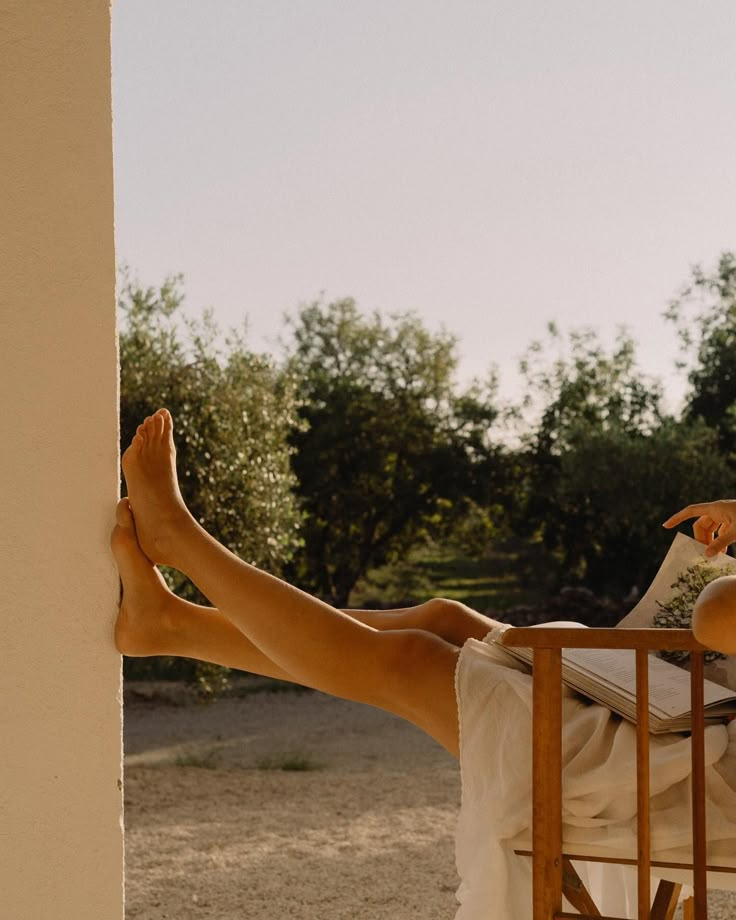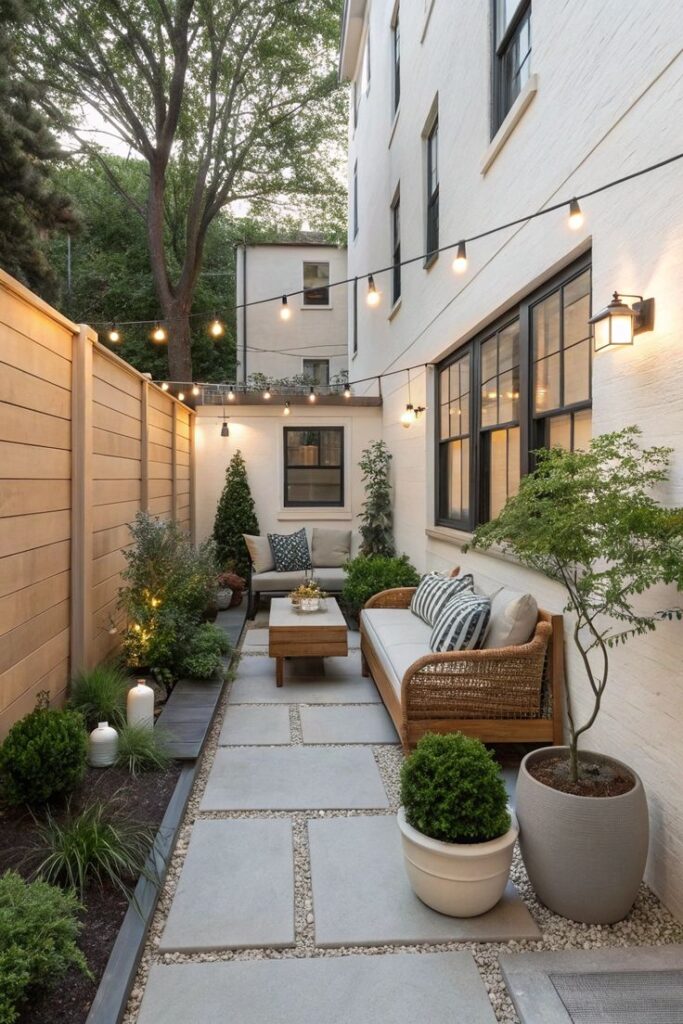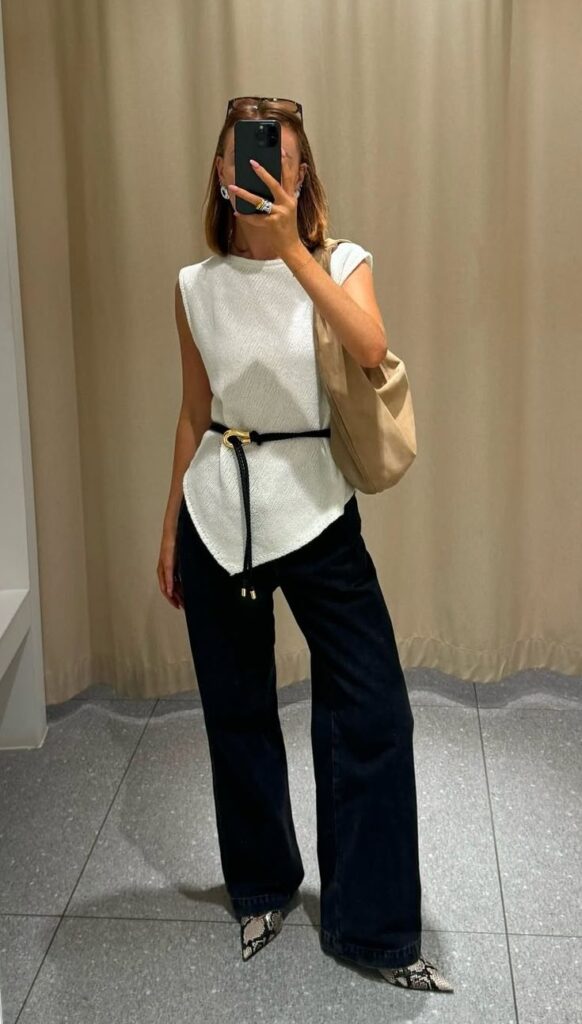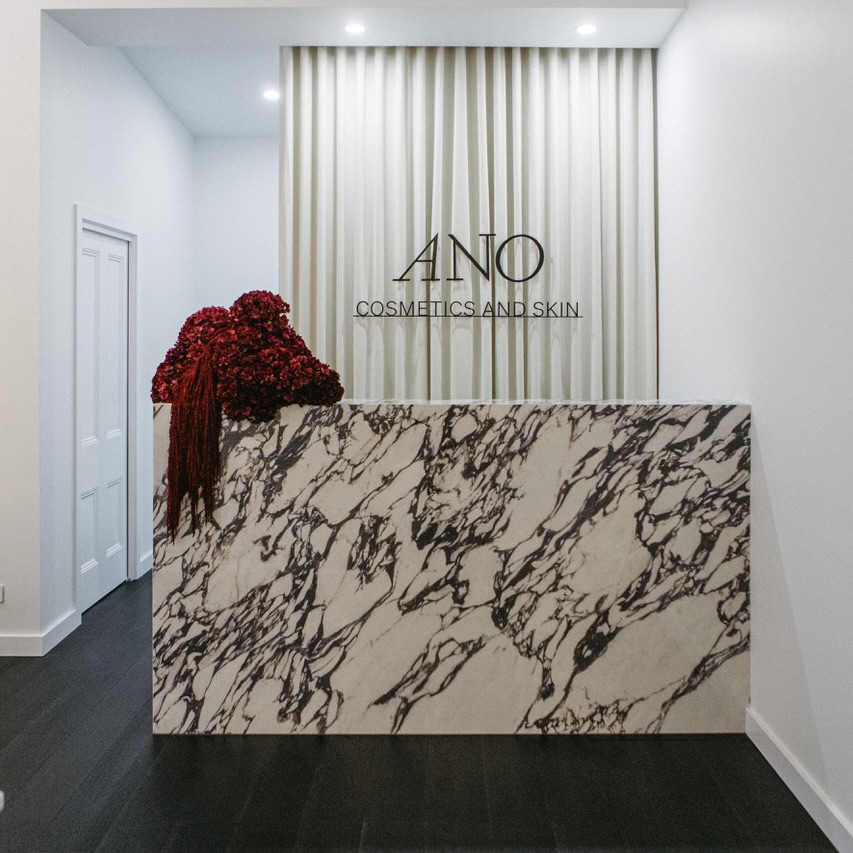Firstly, women were told they could ‘have it all’ before being branded girl bosses and sliding into hustle culture. It seems everywhere we look people are opting for not one, but two jobs. Merely working full time is no longer enough, side hustles are branded the new way to future proof yourself, while paving the path to psychological distress.
The ‘Girl Boss’ era has been on a steady decline since Sophia Amaruso’s autobiography made the term popular in 2014. Amaruso’s television series also bore the name, following the life of an irritable, stressed out and successful woman as she scrambled to create the popular online brand Nastygal. It’s no wonder poor mental health is the topic on everyone’s lips.
The pandemic pushed us back into baking sourdough and fermenting our own kombucha. Everyone was documenting their pandemic pride as they made dumplings from scratch and proffered homemade scented candles. Gyms closing meant we had to walk outside, and a global health crisis forced mental health into the spotlight as psychological support was scarce.
Insert ‘Cottagecore’ the cosy trend aestheticising rural life, the phrase was first coined in 2018 but made globally popular in 2020 and beyond. Suddenly, people were leaving city life and moving to the country to truly experience the joy of a log cabin, crackling fire and daily walks in a nearby forest.
@ems.whitts countryside spring 🐝🌾 #spring #countryside #springtime #cottagecore
♬ origineel geluid –
Of course, as is always common with the internet, we needed more. Cottagecore led to a more extremist movement, perfectly segueing into the TradWife phenomenon. Baking our own sourdough bread was not enough, now we need to milk our own cows, knit our own blankets and preserve our own jam. This trend was popularised on TikTok, where #TradWife has over 50,000 posts. BallerinaFarm, an influencer popularising the movement, has over 10 million followers on Instagram as she diligently rears animals and children on her property in Utah.
@ballerinafarm Seeded sourdough grilled cheese, dipped in @Julius Roberts beet soup. The soup was the most magnificent color and the cheese was homemade by @Daniel ✨
♬ original sound – Ballerina Farm
These movements are a depiction of what our society yearns for. The Girl Boss era is no longer sexy given its anti-feminist undertones. The TradWife era was also criticised for its patriarchal roots of pushing women back into the home on a fulltime basis. These social influences are built on female burnout, which has a startling impact on mental health.
It comes back to the question of how we can be our happiest selves?
But the hustle is still there. These trends are a lot of work, they are fulltime jobs. Instead of slowing down to make things easier and allow more time for relaxation, we are now encouraging the masses to bake their own bread on top childcaring responsibilities and a 40-hour work week.
This is where the simple living movement comes in.
Simple living is an extension of our desire to return to a more idyllic, slow-paced lifestyle. Instead of popularising the daily grind, we are returning to our pre-industrialised roots in search of relaxation and calm. It’s not just a trend, it’s our collective desire.
Simple living is a focus on how things make us feel and how this relates to our surroundings. While the idea has philosophical origins, it also rejects capitalism and consumerism opting for a minimalist approach to life.

Image Credit: Becoming Minimalist
So, how can you kick the productivity obsession and embrace slowing down without subscribing to exhaustive trends?
Anna Nikolau, Principal Psychologist and Director of Macleod Wellness Centre advises, “the simplest ways to nurture our mental health are the most effective.”
“Simple living in relation to mental health is about focussing on what truly matters to us, our relationships, our health and our purpose. It’s about reducing distractions and stressors in our lives so that we can experience more mental clarity and contentment,” explains Nikolau.
“Prioritising a good sleep routine, eating a balanced nutritional diet and physical activity all support good brain health and positively impact mood, energy and cognitive function,” Nikolau says.
Interestingly, research shows that nutrition has a larger than expected impact on mental health. The gut is known as the “second brain,” which can regulate neurotransmitters and improve our mood. The gut provides our body with a whopping 95% of serotonin, which is the neurochemical that makes us happy. The simplest foods to include in your diet which will help regulate these neurochemicals are foods rich in beneficial bacteria such as yoghurt, kefir and sauerkraut. These foods can easily be found in your local supermarket.
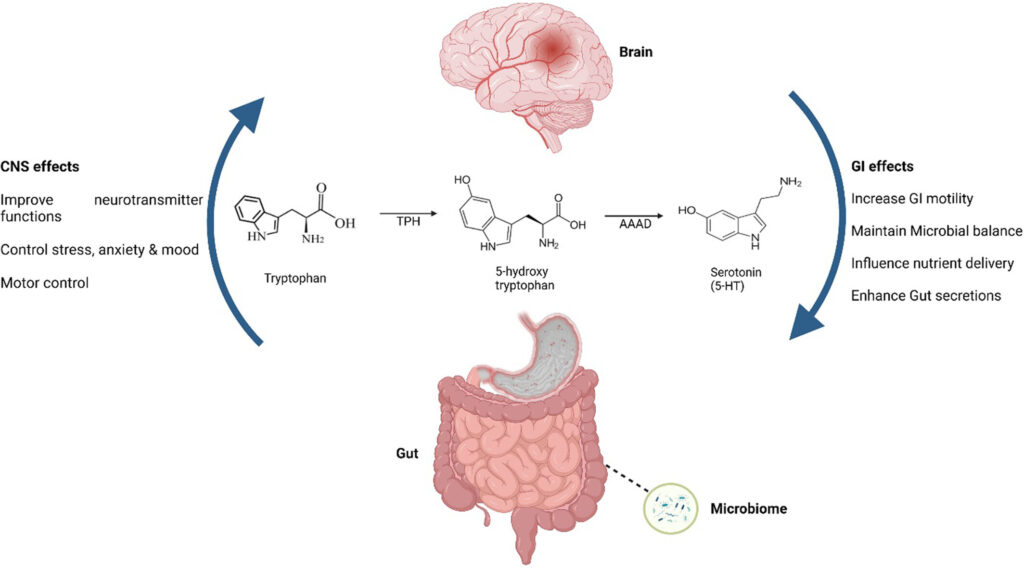
Image Credit: Wiley Online
Adequate sleep and physical activity also contribute to good mental health. Poor sleep can contribute to mental stressors and decrease positive emotions. Sleep deprivation can even lead to mental health disorders such as anxiety and depression. Similarly, exercise has been shown to reduce feelings of depression and anxiety. A quick walk or gentle yoga allows the brain to produce more endorphins and improve mental wellbeing.
Simple living is not about achieving things quickly, or hustling to achieve the best, it’s about being present with what you are doing in the moment. It is the antidote to hustle culture where we lean into thoughtful consumption, mindfulness and spiritual connections, while rejecting fast-paced living.
“Fast-paced living, which is characterised by constant multitasking, immediate accessibility and social and professional pressures, can lead to cognitive overload and emotional dissregulation,” Nikolau continues. “Information overload through social media… chronic stress and burnout, limited downtime and recovery… are all components of fast-paced living that contribute to the rise in mental health disorders.”
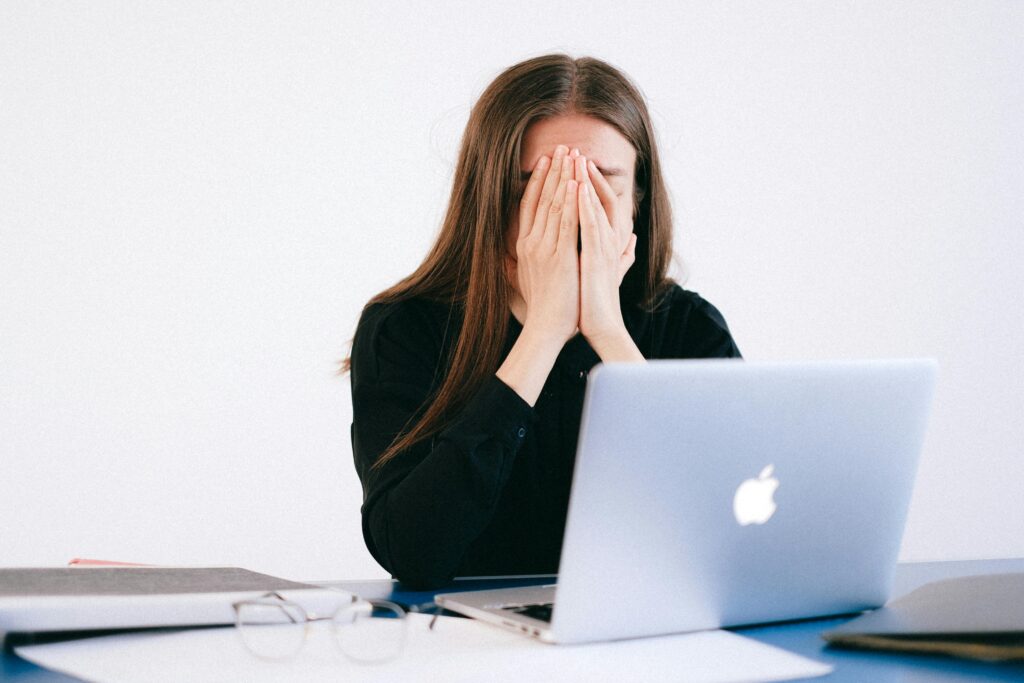
Image Credit: Pexels
Simple living might not seem simple to achieve, but it is all about being fully present.
“Being engaged in the moment can reduce cortisol levels that are elevated when we live a busy stressful life,” she continues, “Prioritising experiences over material possessions, practising mindfulness and gratitude, and prioritising a good sleep routine and self-care practises will promote better self-awareness, a healthier and more balanced mind and stronger, meaningful relationships.”
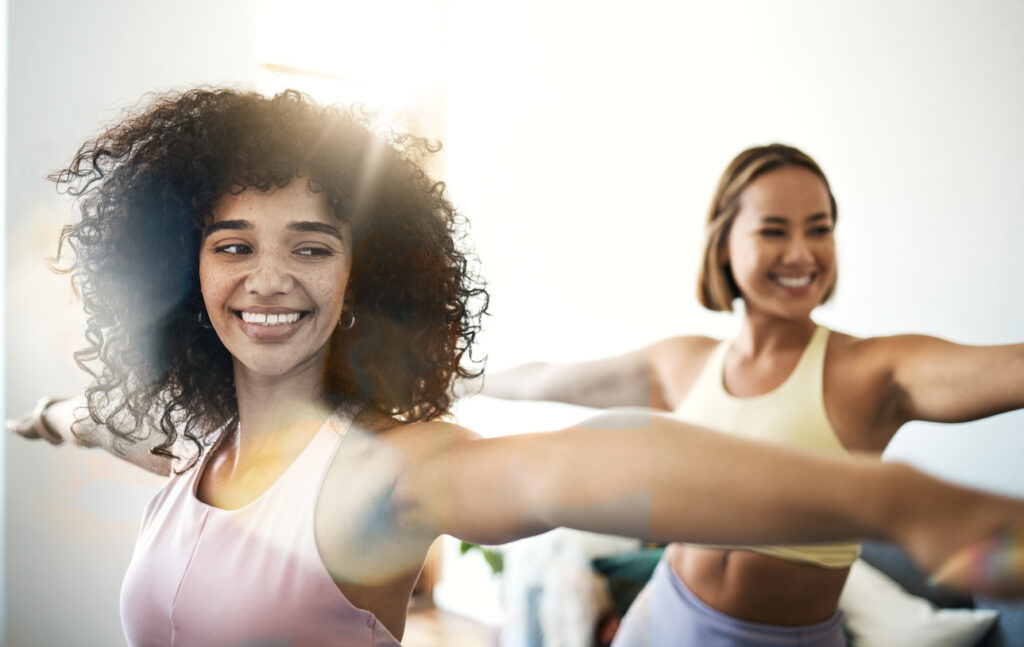
Image Credit: Pexels
It all starts with setting boundaries, not overcommitting yourself and practicing gratitude.
Simple living is the easiest and most effective way to take care of your mental health. It is about shifting the sentiment from being a Girl Boss who can have it all, to doing less and prioritising mindfulness.
We shouldn’t overcomplicate simplicity, either. It doesn’t mean we have to bake all our own food from scratch or herd our own cows as the TradWife era may suggest.
Simply slowing down and focusing on one activity at a time is enough to improve your mental wellness.
Read more of our Health & Wellness articles here.

